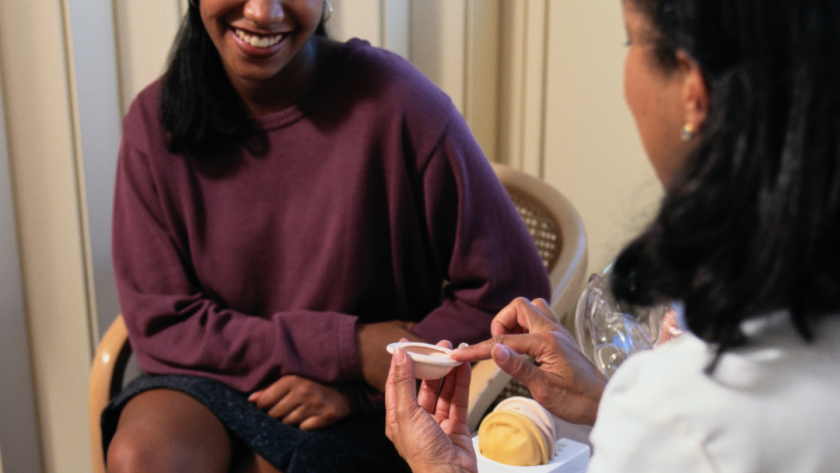Everyone plans for their ideal family and whether that is now or years down the road. However, nothing always goes as you plan, thanks to your active sexual life. If your plans of having your ideal family seem bleak due to timing, Phoenix birth control experts have your back. The team of experts led by Dr. DeShawn Taylor offers birth control consultations to help esteemed patients worry less about surprise babies. Knowing the type of birth control that best suits your needs can be challenging if you fail to contact your gynecologist to help you through the evaluation. Besides prevention of pregnancy, birth control forms prevent you from experiencing pregnancy-related complications.
What should you consider before choosing a birth control type?
Before opting for a birth control form, you must look into several considerations. For instance,
- How efficient is each method in preventing pregnancy?
- What are the health risks associated with every birth control type?
- Do you want a contraceptive that is only used during sexual intercourse, or do you need a constant form of birth control whether you are having sex or not?
- Availability. How available is each birth control form? While some are available in drug stores without prescriptions, others are strictly on a prescription basis.
- Are you using your choice of birth control to protect your partner from sexually transmitted infections?
- Are you preventing yourself from conceiving or for other various medical reasons?
Birth control forms can either be medical or nonmedical.
Medical contraception forms
Hormonal contraceptives– they can either come in a combination of estrogen and progestin or progestin-only. However, you cannot use hormonal contraceptives without your doctor’s prescription. They work by preventing your ovary from releasing an egg during your cycle, affecting your body’s hormonal levels. Progestin also helps thicken your cervical mucus, preventing the sperm from reaching your egg.
Hormonal Contraceptive forms include:
- Implants: Your gynecologist injects beneath your skin a small rod that works by continuously releasing doses of hormones that prevent ovulation.
- Pill: The most commonly used form of contraception is a small pill that should be taken around the same time every day. Pills can have added hormones or be nonhormonal depending on your preferences.
- Skin patch: Your doctor will place the patches on various parts of your body including your shoulders or buttocks. They work by continuously releasing doses of hormones into your body.
- Progestin injections: These are injections you will need your doctor to administer on your buttocks or upper arm muscles every three months.
- Vaginal ring: Once inside your vagina, the ring releases progestin and estrogen hormones that make it difficult for the sperm and egg to meet. This form of contraception needs to be replaced once a month.
Emergency contraception
Intrauterine Device (IUD). IUDs are tiny T-like devices your gynecologist will place inside your uterus to prevent you from getting pregnant. Depending on the type of device you decide to use, the IUD can last in your uterus for three to five years. The device can either be copper IUDs or hormonal IUDs. While the copper on the copper IUD prevents the sperm from moving to the egg’s direction, the progestin present in a hormonal IUD thickens your cervical mucus making it impossible for the sperm to pass through.
Before selecting a birth control that best suits your needs, your gynecologist might help evaluate the various types, highlighting each method’s pros and cons. Call your doctor today to make an appointment and learn more about birth control options.



